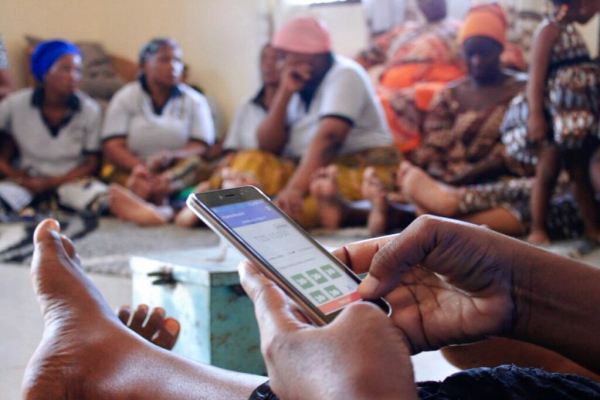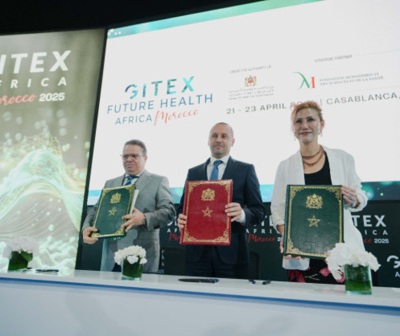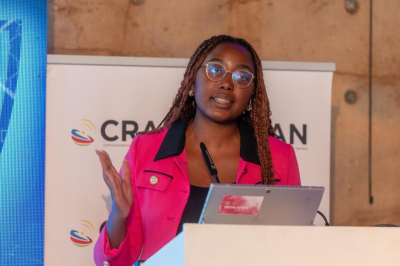Internet usage increased to approximately 67% of the global population in 2023, up from 54% in 2019, according to the Broadband Commission. Universal connectivity is not yet a reality, but various organizations are implementing solutions to achieve this goal.
The GSM Association (GSMA) announced the launch of a coalition on Wednesday, July 10, to facilitate access to Internet-enabled mobile phones. Named the GSMA Handset Affordability Coalition, its goal is to enable the world's poorest populations, approximately 3 billion people, to maximize their potential in the global digital economy.
The new coalition comprises leading global mobile operators, suppliers, players in the mobile phone ecosystem, international organizations, and financial institutions such as the World Bank Group and the International Telecommunication Union (ITU).
"Mobile has helped billions of people worldwide to play an active role in our increasingly digital world, but the cost of entry can still be too high for many on low incomes. [...] By building creative solutions to bring mobile internet into the hands of those who need it the most, we believe we can make real strides towards closing the Usage Gap and help millions more maximise their potential by getting online," said Mats Granryd, Director General of the GSMA.
According to the GSMA, about 3 billion people, or 38% of the global population, live in areas covered by the Internet but do not use it for various reasons. The lack of digital skills and relevant content, online security issues, Internet access, and affordability of Internet-enabled mobile phones are among the reasons behind the Internet usage gap.
Furthermore, the International Telecommunication Union explains the delay in fixed broadband in Africa by the population's preference for mobile phones, which are seen as more flexible and less expensive. Indeed, the cost of 2 gigabits on the continent was 4.5% of the gross national income per capita per month in 2023, far from the 14.8% cost of fixed broadband, according to the report "The State of Broadband 2024: Leveraging AI for Universal Connectivity" published in June 2024 by the Broadband Commission, a special body of the ITU.
Adoni Conrad Quenum



















